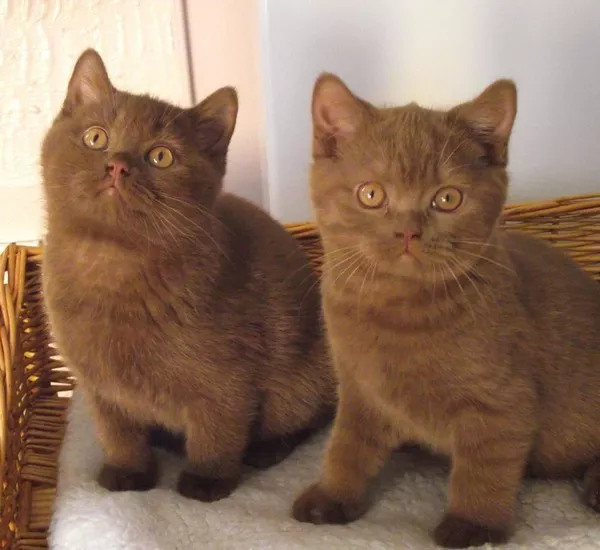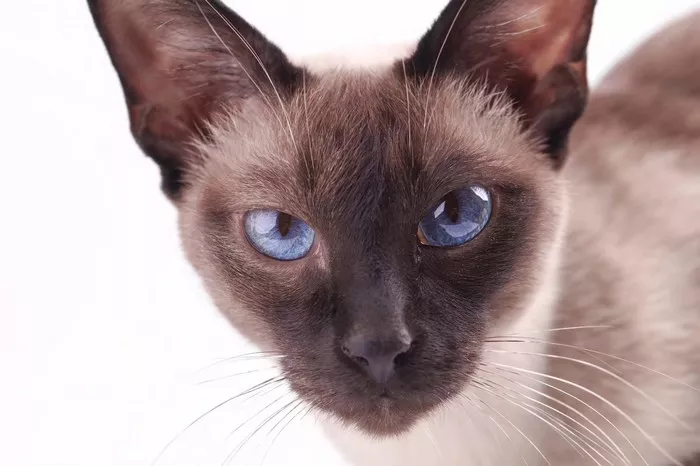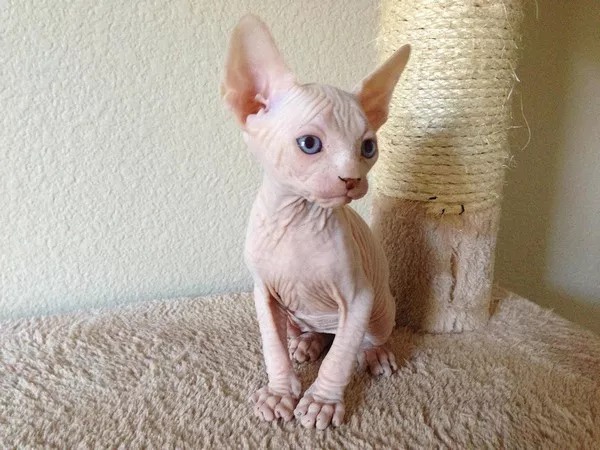Fading Kitten Syndrome (FKS) is a term used to describe a set of symptoms and conditions that can lead to the decline or death of newborn kittens. It is a distressing condition for both cat owners and breeders, as often occurs unexpectedly and can challenging to diagnose and treat. This article aims to provide a comprehensive overview of the potential causes of Fading Kitten Syndrome, shedding light on the factors that contribute to this condition.
1. Inadequate Maternal Care:
One of the primary causes of Fading Kitten Syndrome is inadequate maternal care. Newborn kittens are entirely dependent on their mother for warmth, nutrition, and stimulation. If the mother cat is inexperienced, stressed, or lacks maternal instincts, she may neglect her kittens, leading to their deterioration. Insufficient nursing, failure to clean the kittens, or abandonment can result in weakened immune systems and poor overall health.
2. Birth Defects and Genetic Factors:
Some kittens may be born with congenital defects genetic abnormalities that make them more susceptible to Fading Kitten Syndrome. These defects can affect various body systems, including the respiratory, cardiovascular, or gastrointestinal systems. Kittens with such conditions may struggle to thrive and may succumb to the syndrome due their compromised health.
3. Infections and Diseases:
Infections and diseases play a significant role in the development of Fading Kitten Syndrome. Kittens are highly vulnerable to bacterial, viral, and parasitic infections, which can rapidly progress and overwhelm their delicate immune systems. Common culprits include feline panleukopenia virus, herpesvirus, calicivirus, and parasites like fleas and ticks. These pathogens can cause severe dehydration, fever, diarrhea, and other symptoms that contribute to the fading process.
4. Hypothermia and Environmental Factors:
Newborn kittens are unable to regulate their body temperature effectively, making them susceptible to hypothermia. Exposure to cold temperatures can lead to a decline in body temperature, resulting in reduced metabolic function and compromised organ systems. Additionally, poor environmental conditions, such as inadequate sanitation, overcrowding, or exposure to toxins, can contribute to the development of Fading Kitten Syndrome.
5. Neonatal Hypoglycemia:
Neonatal hypoglycemia, low blood sugar levels, is another potential cause of Fading Kitten Syndrome. Kittens rely heavily on a constant supply of glucose for energy, and any disruption in this supply can have severe consequences. Factors that can contribute to neonatal hypoglycemia include inadequate milk production by the mother cat, poor nursing behavior, or underlying metabolic disorders.
6. Poor Nutrition:
Proper nutrition is crucial for the healthy growth and development of newborn kittens. Inadequate or improper nutrition can weaken their immune system, impair organ function, and hinder overall growth. If the mother cat’s diet lacks essential nutrients, or if the kittens are not receiving sufficient milk or appropriate formula, they may experience stunted growth, weight loss, and increased vulnerability to infections.
7. Stress and Trauma:
Stressful situations and traumatic events can significantly impact the health and well-being of newborn kittens. Separation from the mother cat at an early age, excessive handling, loud noises, or sudden changes in the environment can induce stress responses that compromise their immune system and overall vitality. Prolonged exposure to stressors can contribute to the fading process.
8. Overbreeding and Inbreeding:
Overbreeding and inbreeding practices in cat populations can increase the likelihood of Fading Kitten Syndrome. These practices can lead to weakened genetic diversity, making kittens more susceptible to congenital defects, compromised immune systems, and other health issues. Responsible breeding practices, including genetic testing and controlled breeding programs, can help reduce the incidence of Fading Kitten Syndrome.
Conclusion:
Fading Kitten Syndrome is a complex condition with multiple potential causes. Understanding these causes is crucial for cat owners, breeders, and veterinarians to prevent and manage this syndrome effectively. Adequate maternal care, early detection and treatment of infections, proper nutrition, and minimizing stressors are essential promoting the health and survival of newborn kittens. By addressing these factors, we can strive towards reducing the occurrence of Fading Kitten Syndrome and ensuring the well-being of our feline companions.


























